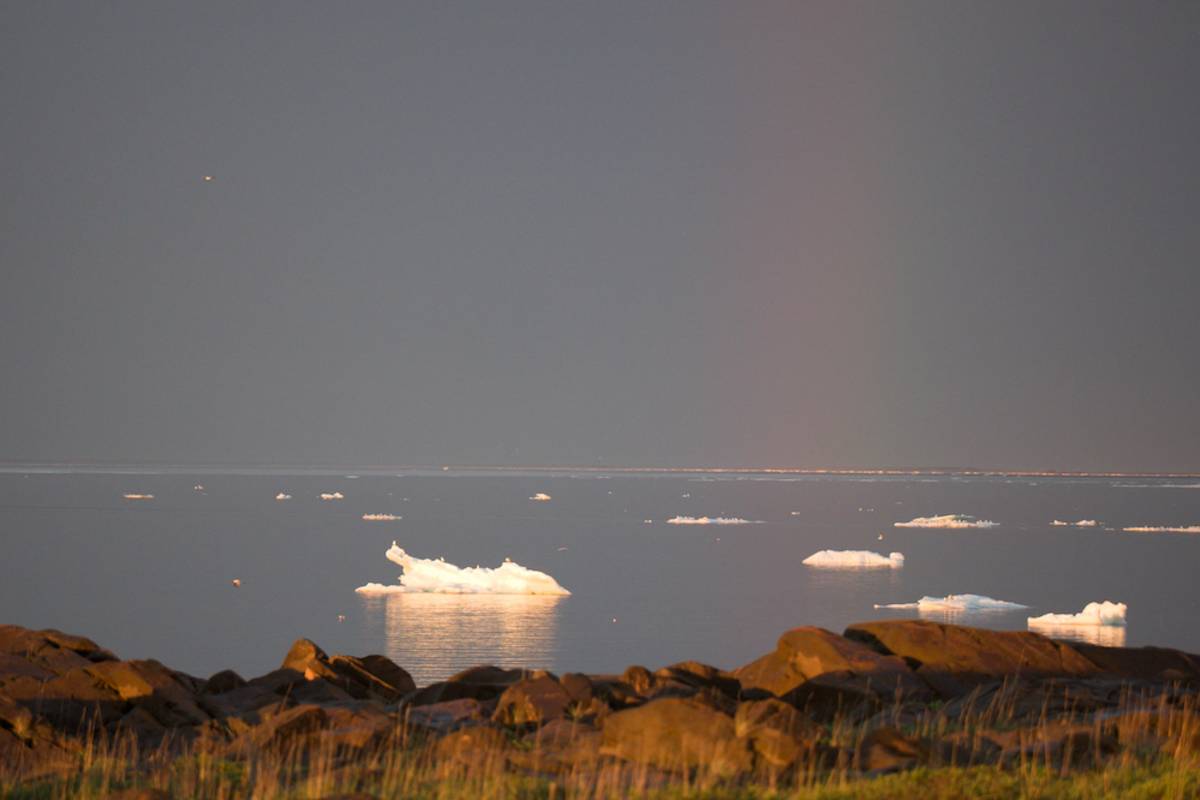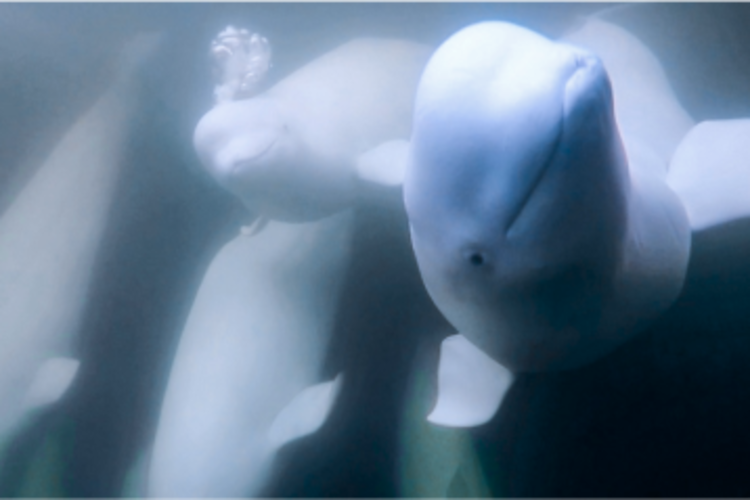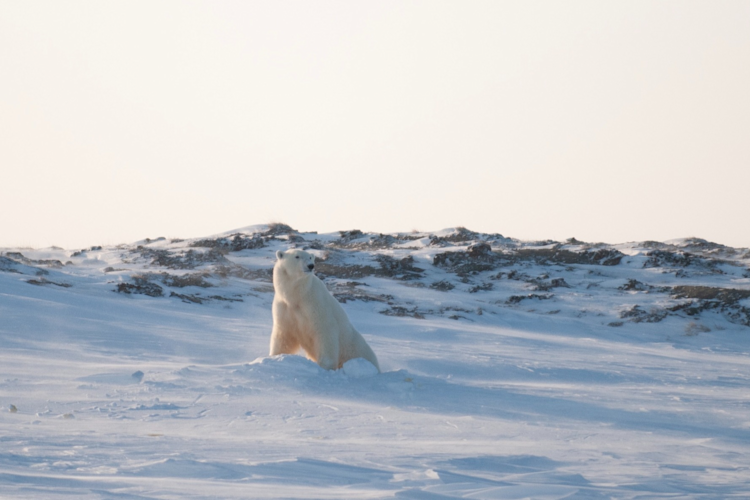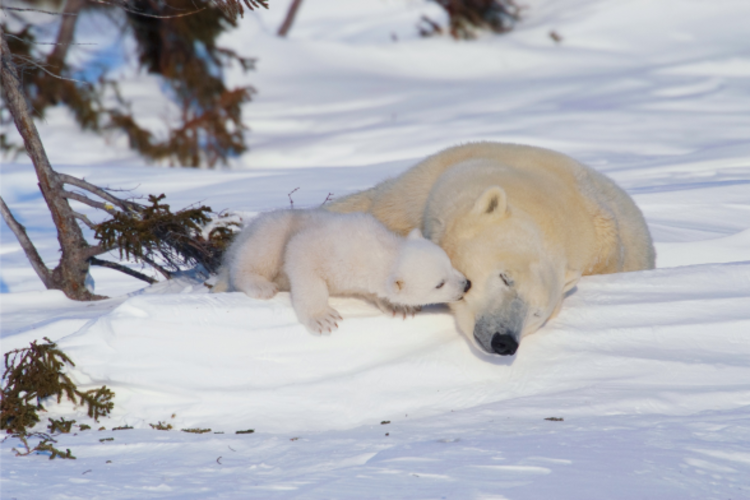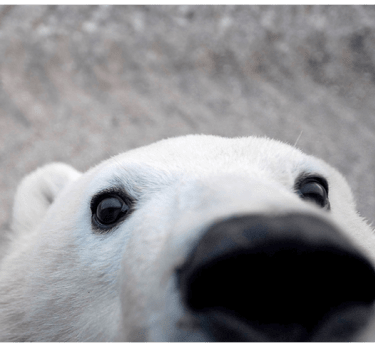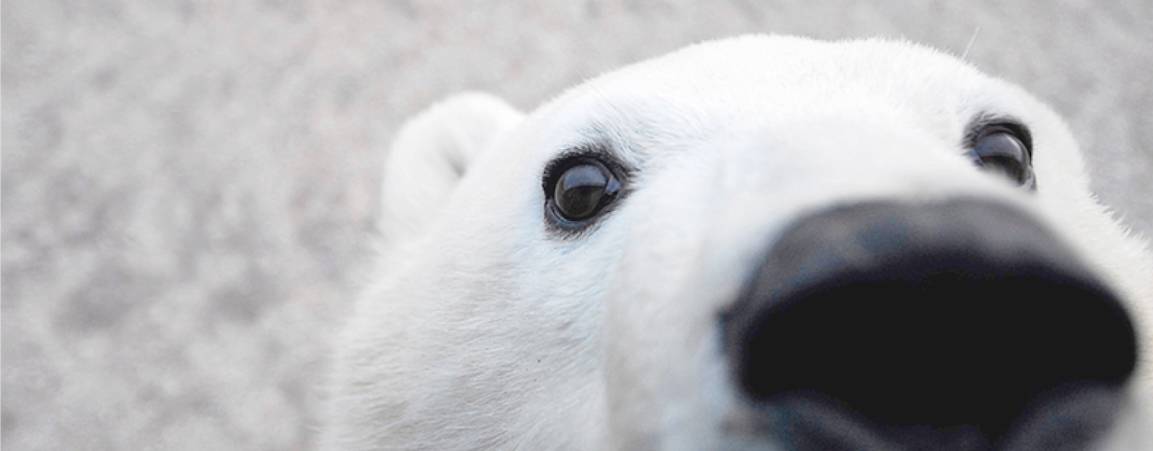The summer solstice has come and gone in the Subarctic town of Churchill, Manitoba. Chunks of sea ice float to the beach as the frozen ocean of Hudson Bay melts beneath the building heat. With the ice break-up comes the welcome return of beloved seasonal residents—beluga whales! Smooth white backs grace the horizon, marking the beginning of summer and many hours of daylight. A trained eye can sit on the beach and pick out the white backs of belugas among the floating chunks of ice.
During ice-free periods in the summer months, about two-thirds of the world's beluga population (approximately 150,000 whales) spend time in more southern Canadian waters. Thousands of beluga whales travel to the Churchill River, which flows into Hudson Bay, to feed, molt, and give birth to their vulnerable calves in the safety of the shallow waters.
